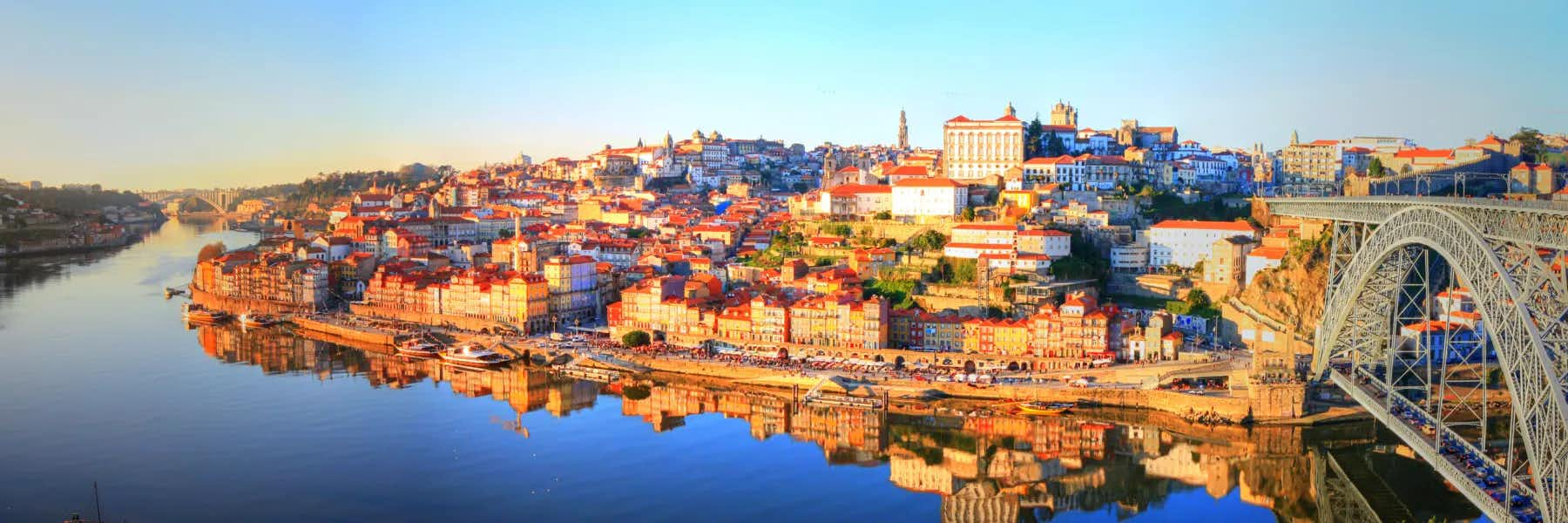As you probably know by now, Portugal has unfortunately ended the residential property investment option for its vaunted golden visa. Buying a home in the country for €250,000 won’t get you a five-year renewable permit to live there anymore.
But that doesn't mean Portuguese golden visas are no more. There are a couple of other equally viable options, even in a similar price range.
Get Your Free Portugal Report Today!
Get Your Free Portugal Report Today!
Discover why we love a slower pace of life in Portugal and info on other European countries in our daily postcard e-letter. Simply enter your email address below and we’ll send you a FREE REPORT – Explore the Old World in Laidback Portugal.

By submitting your email address, you will receive a free subscription to IL Postcards, Overseas Dream Home, The Untourist Daily and special offers from International Living and our affiliates. You can unsubscribe at any time, and we encourage you to read more about our Privacy Policy.
One is the artistic production visa. Initially, I thought this meant donating to a museum or library, but it turned out to be quite different.
The Portuguese government has a system for directing investments to local film and television production companies who have contracts to broadcast and syndicate their products. If you apply for a golden visa through this route, you get hooked up with a company with a guaranteed income. You not only get your money back, but you also have the potential to profit.
In most of Portugal, the minimum investment for this visa type is €250,000. But in certain far-flung areas, the minimum is only €200,000. That's less than the old minimum housing investment.
Another option becoming increasingly popular is to participate in Portuguese investment funds. These aren’t your garden variety exchange traded funds or closed end funds like you'd find on the US Stock Exchange. They’re specialized venture capital funds that provide seed capital to (primarily—usually 80%) Portuguese businesses.
For example, Portugal is rapidly becoming a European powerhouse in software, particularly for gaming. If you put money into a fund that specializes in this, you could be looking at a 20% return on a five-year commitment, after which you can take your money out and renew your visa. Of course, there’s much else besides gaming, including agricultural development, infrastructure, and alternative energy.
With the residential real estate choice gone, the funds option has grown dramatically. The number of visas granted for fund investments grew at a compound average rate of 121% from 2019 to 2023.
The fund option is more expensive, however. It requires a minimum investment of €500,000. But that can be spread across multiple funds, which is always a good idea from an investment perspective.
Of course, if those options seem too steep, don’t forget that you can easily get a Portuguese D7 visa, which will allow you to live in the country indefinitely as long as you can prove that you can support yourself. It’s ideal for retirees, and anyone else who has a stable flow of passive income like investments or dividends.
So if dining on grilled sardines or bacalao in a café overlooking the Blue Atlantic is enticing to you, give Portugal another look.
Get Your Free Portugal Report Today!
Get Your Free Portugal Report Today!
Discover why we love a slower pace of life in Portugal and info on other European countries in our daily postcard e-letter. Simply enter your email address below and we’ll send you a FREE REPORT – Explore the Old World in Laidback Portugal.

By submitting your email address, you will receive a free subscription to IL Postcards, Overseas Dream Home, The Untourist Daily and special offers from International Living and our affiliates. You can unsubscribe at any time, and we encourage you to read more about our Privacy Policy.
